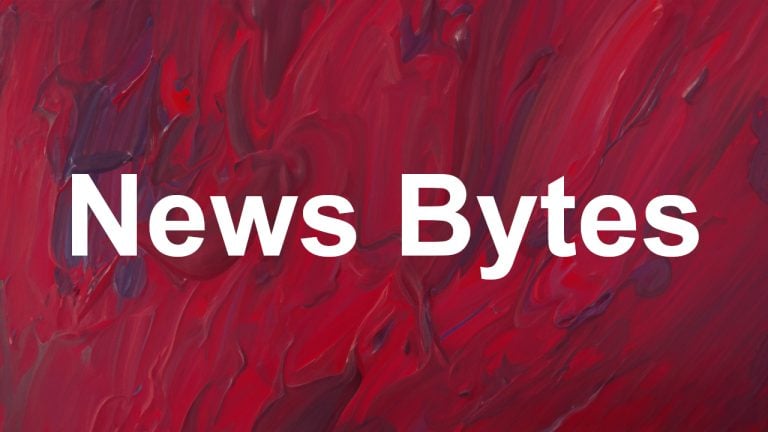Cryptocurrency may be “out of fashion”, but it still draws new users to Web3 every day, in particular in emerging markets such as Brazil, according to Bitcoin maximalist José Ribeiro, CEO of crypto exchange Coinext.
During the Web Summit in Lisbon, Ribeiro discussed with Cointelegraph’s Joe Hall Bitcoin’s perspectives, Brazil’s vibrant crypto economy and how regulatory clarity has boosted competition in the country’s payments sector.
According to Ribeiro, the Bitcoin volume transactions in Brazil will reach a record level in 2023, as more global crypto exchanges set operations there, such as Binance, OKX, and Coinbase.
“The competitiveness has increased considerably, which is part of the business from a crypto adoption perspective. The country has a history with inflation, and I see that interest rates are going to be down next year for sure, and we’re going to have another cycle,” states Ribeiro.
The benchmark interest rate in Brazil is currently 12.25%, down from 12.75%, and may reach 9.25% by December 2024, according to a recent survey by the local central bank.
Alongside a perspective of lower interest rates in Brazil, global drivers, such as the approval of a spot Bitcoin ETF in the United States and the Bitcoin halving, are expected to affect prices. However, the crypto community should focus on fundamentals rather than price movements, according to Ribeiro.
“People just hear about Bitcoin when the price is hitting all-time highs, right? […] but people don’t talk too much about fundamentals, and the fundamentals haven’t changed since its creation.”
In addition, Ribeiro emphasized the importance of regulatory frameworks in boosting innovation in the country. “We are very advanced in terms of forms to comply with the tax authorities,” said Ribeiro, referring to the monthly reports filed with the local tax authorities on transactions carried out on the exchanges.
According to Coinext CEO, Brazilian regulators are willing to engage in discussions about crypto and payments.
“They (Brazil’s regulators) understand about crypto, they understand about the risks of our business, which is good. I won’t say that regulation is good, but regulation is needed somehow because we definitely want some rules to be competitive in the market because we are competing with companies outside Brazil, which are not paying taxes, so we are not competing in the same manner.”
In the past few years, the Brazilian central bank has implemented the PIX payment system, which allows instant payments between individuals and businesses. For PIX transactions, users just need the key identifier of the PIX recipient, such as an ID number, a cell phone number or even an email address.
The country is also working on its central bank digital currency (CBDC), dubbed DREX, which is expected to be available next year. “That’s going to put Brazil on another level in terms of Blockchain adoption, in terms of using Blockchain as infrastructure for the whole financial market industry,” Ribeiro noted.
Magazine: Beyond crypto — Zero-knowledge proofs show potential from voting to finance




